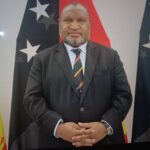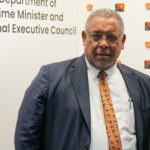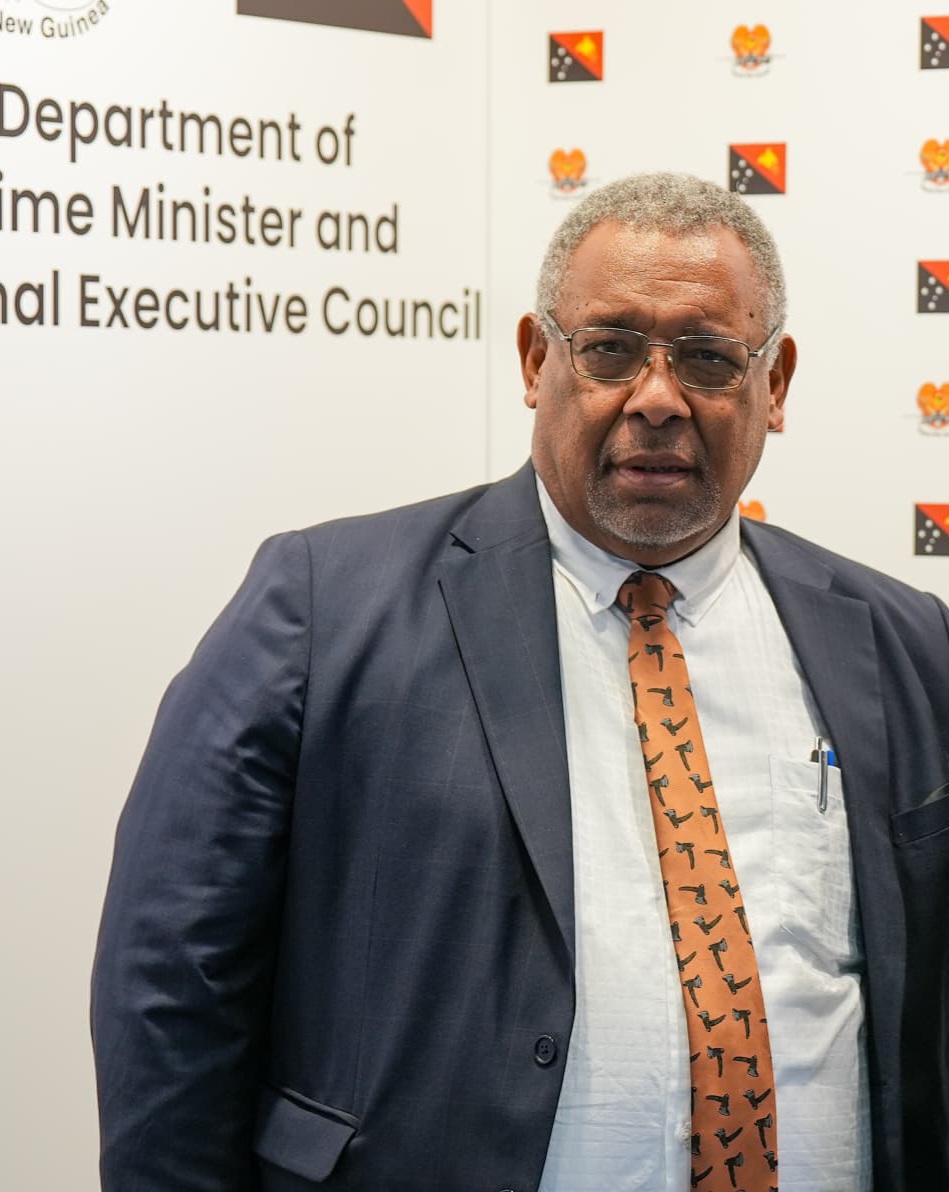Earlier today the Papua New Guinea Electoral Commission (PNGEC) issued a press statement providing an important update concerning the 2025 Local-level Government (LLG) elections, conceding that the previously announced LLG election schedule will not be met. In it the Electoral Commissioner advised of the need to revise the election timetable and of his intention to invoke his powers under section 79(2)(b) of the Organic Law on National and Local-level Government Elections (OLNLLGE) to delay the commencement of polling and his powers under section 96A to withdraw the writs in those LLGs where the proper conduct of the elections cannot be assured.
As Chair of the Inter-Departmental Election Committee (IDEC) – a multi-agency coordinating committee that works to strengthen and support the PNGEC to perform its constitutionally mandated function, as specified in Sections 105 and 106 of the National Constitution and Section 15 of OLNLLGE – I endorse the decision to delay the commencement of polling for the 2025 Local-level Government (LLG) elections until after Independence.
CONTEXT
Delivering elections nationally, be it National General Elections (NGE) or LLG Elections are complex logistical operations requiring coordination and cooperation across multiple agencies at the national and subnational level. Not least because elections are time-bound and rule governed. They require nationwide reach and involve subjecting the entire adult population to a prescribed process in a prescribed timeframe.
Past experience has shown that the challenges to election delivery in PNG are profound. They include difficult terrain, extreme weather conditions, poor transport infrastructure, remarkable linguistic and cultural diversity, highly variable voter behaviour, markedly different security and administrative environments as well as severe fiscal constraints. Notwithstanding this, when things do not go to plan, all attention is focussed on the PNGEC.
As PNG gears up to celebrate the 50th anniversary of its Independence, the PNGEC is working to deliver a punishing suite of concurrent electoral events. Currently on foot are
7,148 separate electoral contests, including: ward council elections in 20 provinces (6,916 separate electoral contests); elections for LLG Presidents in 12 provinces (210 separate electoral contests); Motu Koita Assembly (MKA) elections (17 electoral contests) and five parliamentary by-elections. Needless to say, the scale and complexity of what the PNGEC has been called upon to deliver in 2025 is unprecedented.
What also needs to be understood is that the factors necessitating a revision of the election schedule are for the most part beyond the PNGEC’s control. They include a range of complex and unresolved administrative and fiscal challenges, expounded upon below.
CONTRIBUTING ISSUES
Unprecedented Scale and Complexity
The current elections are larger and arguably more complex than any previous election event in PNG’s history. Never before has PNG run 7000+ electoral contests concurrently, and not for many years has it even attempted to run major election events concurrently. Specifically, it abandoned running LLG and National General Elections concurrently in 2007 and ran the most recent MKA and LLG elections a year apart, in 2018 and 2019 respectively.
Needless to say, there are additional logistical and procurement challenges associated with running concurrent elections. For instance, the PNGEC has had to procure large quantities of additional ballot boxes, which have a two-month manufacturing lead time, as the current stock was not sufficient to run 7000+ electoral contests simultaneously. It is also having to stand up separate polling teams and institute different scrutiny and counting arrangements in respect of the different elections. This has profound implications in terms of training and in the development of polling schedules, as do the recently proclaimed new wards and LLGs.
Proclamation of new Wards and LLGs
Pursuant to Sections 26, 27 and 28 of the Organic Law on Provincial Governments and Local Level Governments, the Department of Provincial and Local-level Government Affairs (DPLGA) facilitates the process of creation and proclamation of new Wards and LLGs based upon an initiating recommendation from a Province and subsequent NEC approval.
The establishment of new wards and LLGs evidences the Government’s commitment to effective representation for all citizens and an active government presence in the most remote parts of our country. Indeed, the 43 new LLGs and 541 new Wards, established since 2019 equate to an additional 600 elected officials at the sub-national level. While welcome, the notification of these new Wards and LLGs very late in the electoral cycle has added an additional layer of administrative complexity to the current LLG elections. Specifically, it has also generated a number of last-minute workflow challenges which must now be navigated alongside broader election preparations. Here I am referring to the need to create 1000+ new ward rolls.
I want to assure you that the PNGEC is working around the clock, with support from my office and from IDEC, to implement and action the legal instruments prepared by Department of Provincial and Local Government Affairs through the Minister responsible. Despite their best efforts, this has proven impossible in some cases because the legal instruments establishing the new wards and LLGs lack the requisite specificity to action the required electoral redistributions. These will require rectification before elections can proceed in affected LLGs. Withdrawing the writs in affected LLGs will allow this work to take place without further delay.
Funding and Procurement
Funding for the 2025 LLG elections remains a critical challenge and binding constraint. Lengthy and ongoing delays remitting funds to the PNGEC have seen time sensitive operational activities and essential procurement delayed and subject to local and global supply chain delays. Procurement of ballot boxes and the printing of the ballot papers are cases in point. Funding delays saw the PNGEC unable to initiate major procurement until after the writs had been issued, at which time it became evident that essential items including ballot papers could not be delivered on time. Additional time was then lost exploring ways to reduce production timelines. While I am pleased to report these procurement issues are now resolved, they have delayed polling readiness.
ELECTORAL INTEGRITY
Whilst not ideal, the decision to delay the commencement of polling and to withdraw the writs in select LLGs where the proper conduct of the elections is not assured due to incomplete voter redistributions, needs to be understood in the context ensuring the integrity of the electoral process.
IDEC, on behalf of the Government remains steadfast in its support to the PNGEC, and will continue to support it to successfully deliver the LLG elections before the years end.
Ivan Pomaleu, OBE
Acting Chief Secretary
Chair, Inter-Departmental Election Committee







